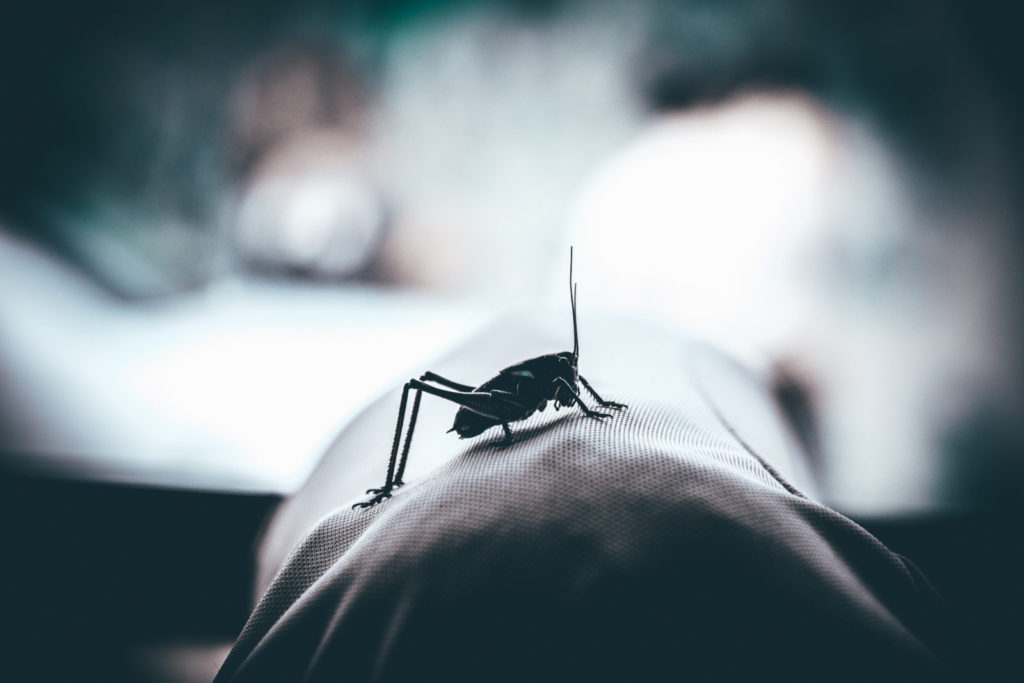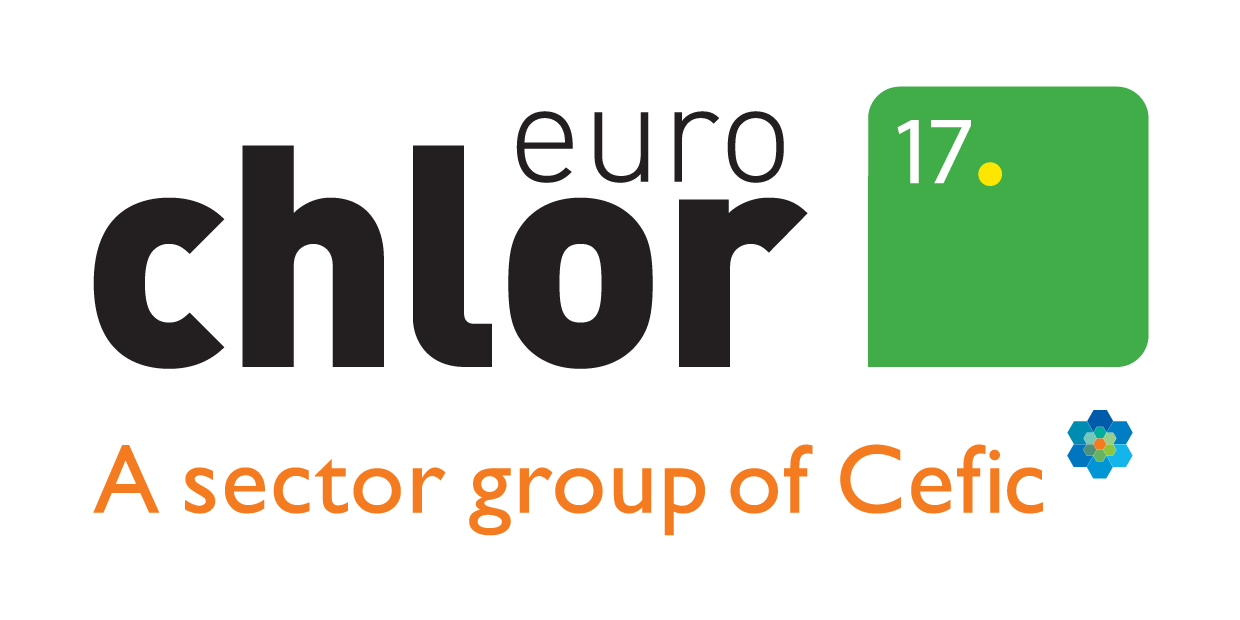Prevention is the best cure: chlorine chemistry fights malaria
Malaria is an infectious disease that is caused by a microscopic parasite that can be spread to humans if they are bitten by an infected mosquito. Symptoms of malaria include fever, headache, vomiting and can lead to death if not treated. The World Health Organization estimates that in 2010 malaria caused 660,000 deaths worldwide, and that approximately half the world’s population is living in regions where they are at risk of catching malaria.
While effective treatments for malaria are vital, good prevention methods, such as anti-malarial drugs are the best, most cost effective weapons against the spread of malaria. A variety of anti-malarial drugs are available and many of these commercially-available preventative treatments incorporate chlorine into their active ingredients. These include proguanil and atovaquone (which are most commonly taken together), chloroquinine and mefloquine hydrochloride.
Read more
Check the Euro Chlor Information Sheet on malaria and the substance DDT

